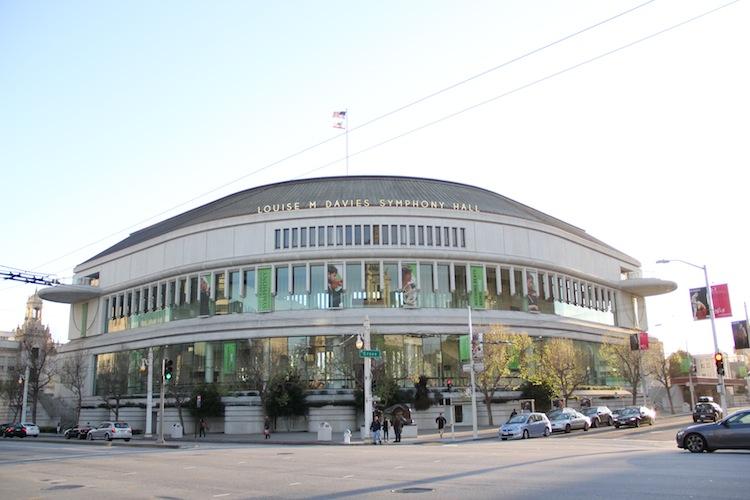Commentary
In Paris, the “Officiel” is the guide for cultural events of the week. It lists dozens of theatrical productions per night—staged, rehearsed, produced—in small, medium, and large theaters. France’s national theater company, La Comédie Française, employs so many professional actors that it opened branches, or “succursales,” throughout the city.





